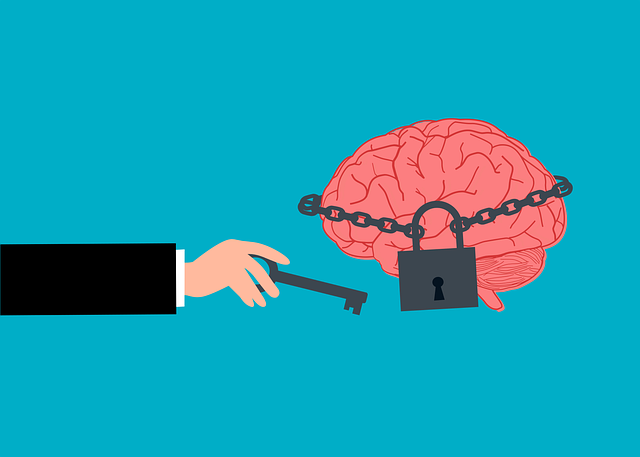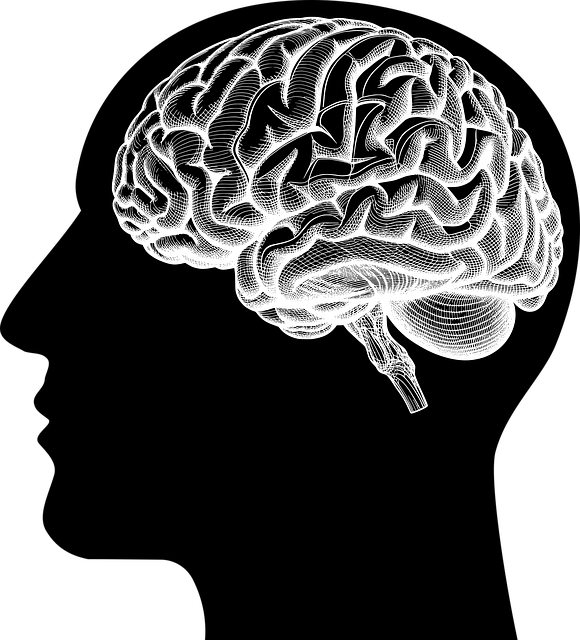Mental wellness is a holistic concept involving emotional, psychological, and social aspects crucial for daily life satisfaction and resilience. Therapy for adults, often combined with family counseling, effectively addresses mental health issues through stress management techniques like Mindfulness Meditation. Self-care, an integral part of mental health, includes practices tailored to individual needs, such as mindfulness, exercise, and hobbies. Culturally sensitive mental healthcare is essential for building trust. Personalized self-care routines, involving introspection and cultural considerations, enhance well-being. Family counseling integrates therapy into family dynamics, improving communication and fostering a sense of belonging. Specialized adult therapy programs equip individuals with tools for proactive mental care through evidence-based approaches, ultimately supporting long-term mental wellness.
In today’s fast-paced world, prioritizing mental wellness is paramount. This article guides you through cultivating a robust self-care routine, recognizing its profound impact on daily life. We delve into strategies to enhance your mental health, offering a step-by-step approach to personalization. Additionally, we explore the benefits of family counseling and professional therapy options tailored for adult mental health support. Embrace these practices to foster holistic wellbeing.
- Understanding Mental Wellness and Its Impact on Daily Life
- The Role of Self-Care in Nurturing Your Mental Health
- Creating a Personalized Self-Care Routine: A Step-by-Step Guide
- Integrating Family Counseling for Enhanced Wellbeing
- Professional Therapy Options: Exploring Adult Mental Health Support
Understanding Mental Wellness and Its Impact on Daily Life

Understanding mental wellness is a crucial step towards fostering a healthy mind and improving one’s daily life significantly. It encompasses emotional, psychological, and social well-being—a holistic state where individuals realize their potential, can cope with the normal stresses of life, work productively, and are able to contribute to their communities. However, many people struggle silently with mental health issues, which can impede their ability to navigate daily routines, maintain relationships, and achieve personal goals. This is where professional help becomes essential.
Therapy for adults, often in conjunction with family counseling, plays a pivotal role in addressing these challenges. It provides individuals with the tools and strategies needed to manage stress, improve communication, enhance social skills (Social Skills Training), and cultivate mental resilience. Mindfulness Meditation has emerged as a valuable technique within therapy, enabling folks to stay grounded, reduce anxiety, and promote overall mental wellness. By integrating such practices into their routines, people can better navigate life’s ups and downs, ensuring they lead fulfilling and balanced lives.
The Role of Self-Care in Nurturing Your Mental Health

Self-care is a fundamental aspect of nurturing and maintaining your mental health. It involves intentional practices designed to support your emotional well-being, reduce stress, and promote resilience. By incorporating self-care into your daily routine, you’re taking proactive steps towards managing your mental wellness, which can complement and enhance traditional therapy for adults or family counseling sessions.
Effective self-care routines consider individual needs and preferences, encompassing various activities such as mindfulness practices, regular exercise, adequate sleep hygiene, and engaging in hobbies that bring joy. Moreover, culturally sensitive mental healthcare approaches play a crucial role in fostering trust and ensuring effective treatment. Incorporating cultural sensitivity in therapy sessions or family counseling can significantly impact the therapeutic process, enabling professionals to navigate complex issues related to identity, beliefs, and diverse backgrounds, thereby contributing to improved mood management and overall mental health outcomes.
Creating a Personalized Self-Care Routine: A Step-by-Step Guide

Creating a Personalized Self-Care Routine is an empowering journey that fosters mental wellness and resilience. It’s a process unique to each individual, requiring introspection and an understanding of your needs and preferences. Start by identifying activities that bring you joy and peace; this could be as simple as enjoying nature walks or engaging in creative pursuits. Next, consider incorporating practices that support emotional well-being, such as mindfulness exercises or journaling.
A structured routine can include dedicated time for relaxation, exercise, social connections, and hobbies. For instance, begin your day with a grounding ritual like meditation, followed by a light workout to boost endorphins. Ensure cultural sensitivity in your self-care journey by incorporating traditions and practices that resonate with your background. Explore therapy options, like family counseling, to address deeper issues and build resilience. Remember, consistency is key; regularly assess and adjust your routine to align with your evolving needs.
Integrating Family Counseling for Enhanced Wellbeing

Family counseling is a powerful tool for enhancing mental wellness. In today’s fast-paced world, where mental health awareness is growing, integrating therapy for adults with family dynamics can significantly contribute to an individual’s overall wellbeing. This supportive environment allows individuals to explore their thoughts and emotions within the context of their relationships, fostering healthier communication and understanding.
By engaging in regular sessions, families can learn effective stress management workshops organization techniques tailored to their unique needs. These sessions often include stress reduction methods that promote relaxation and resilience, helping each member navigate life’s challenges more effectively. Through family counseling, individuals gain valuable insights into themselves and their loved ones, fostering stronger bonds and a deeper sense of belonging, which are essential for long-term mental health.
Professional Therapy Options: Exploring Adult Mental Health Support

For many adults navigating life’s challenges, professional therapy options play a pivotal role in fostering mental wellness and self-care routines. Adult mental health support is accessible through various channels, with one key aspect being family counseling. These therapeutic sessions cater to individuals and their families, offering a safe space to address and resolve conflicts that may be impacting overall well-being. By integrating conflict resolution techniques and emotional intelligence strategies, family counselors help strengthen relationships and enhance communication patterns, ultimately contributing to a more harmonious home environment.
Moreover, therapy for adults extends beyond individual sessions; it encompasses specialized programs designed to equip individuals with valuable mental health education. These programs delve into topics such as stress management, resilience building, and self-compassion practices, empowering individuals to proactively engage in their own care. Incorporating evidence-based strategies and techniques, therapists support clients in developing personalized coping mechanisms that can be seamlessly integrated into daily routines, fostering long-term mental wellness and resilience.
Developing a robust mental wellness self-care routine is a transformative journey that empowers individuals to navigate life’s challenges with resilience. By understanding the impact of mental health on daily living and adopting personalized practices, such as creating structured routines and seeking professional therapy when needed (whether through individual counseling or family counseling), one can foster holistic well-being. Integrating various self-care strategies, including therapy for adults, allows folks to break free from negative patterns and cultivate a vibrant, balanced life. Remember that nurturing your mental health is an ongoing process, and with the right support—be it professional therapy options or loved ones—you can embrace a healthier, happier future.










